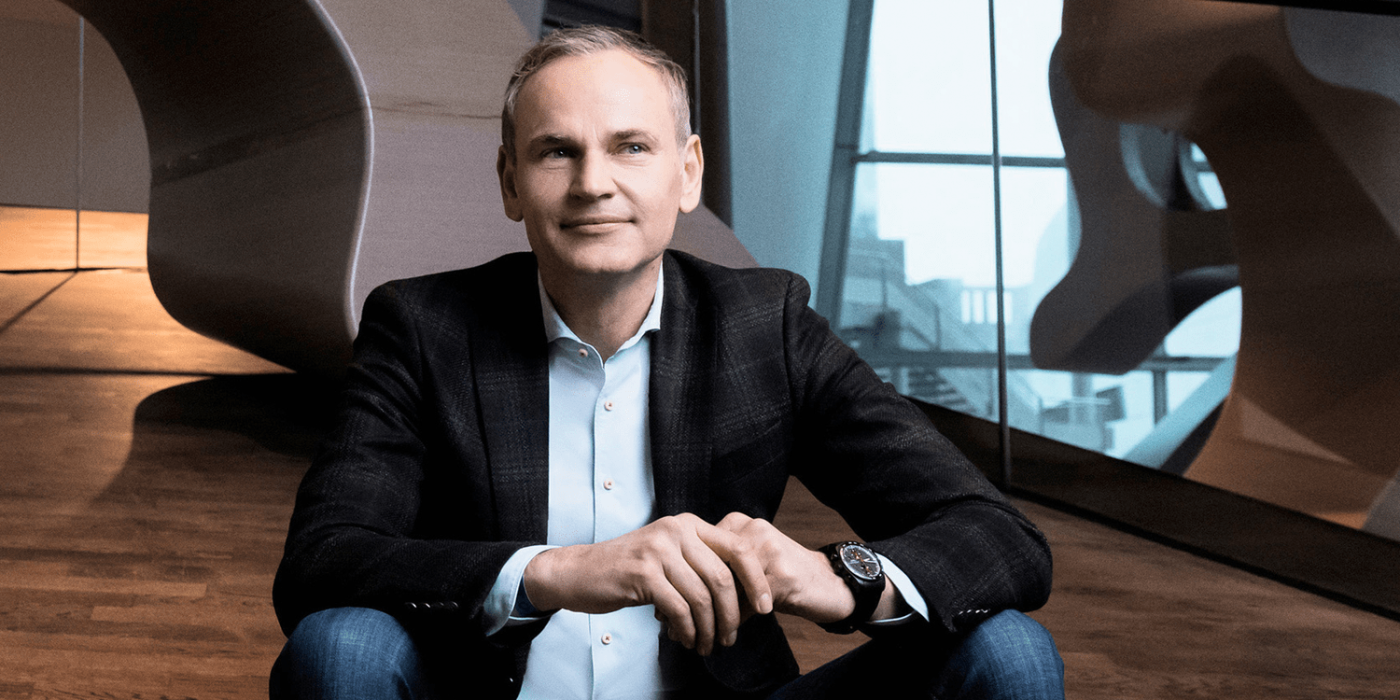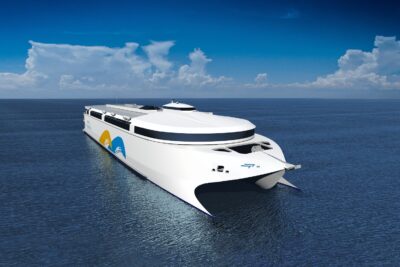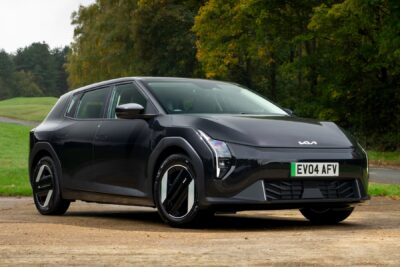VW: Blume calls for “binding legislation in the direction of electric mobility”
“I think it’s right that the EU is sticking to electric mobility in 2035, but including other technologies,” Blume told German newspaper Welt am Sonntag. In the interview, the VW boss stated that synthetic fuels could help to “immediately do something for climate protection,” especially in the vehicle fleet.
However, when it comes to using e-fuels, Blume is thinking more of a niche and not of powering as many cars in the current fleet as possible. “The available quantities of synthetic fuels alone rule out their use in a wide range of vehicles,” Blume said in the interview, citing the use in a Porsche 911. However, he has not entirely given up hope: “If synthetic fuels are produced on a large scale, an attractive price level can be achieved. Taxes can also be controlled.”
However, in terms of technology and climate protection, the course clearly points towards electric mobility. “The technology is far superior to the combustion engine. With the right electricity mix, it significantly contributes to climate protection,” said the manager. He also emphasised the importance of charging infrastructure (especially in cities) and energy prices: “Sufficiently available and affordable renewable energy is needed. Tax or incentive models are also important in the ramp-up phase, especially to attract customers to lower price segments.”
Blume called for support from politicians not only on the customer side but also from industry – but not necessarily in the form of financial aid. What is needed is “binding legislation that clearly favours electric mobility. The automotive industry is long-cyclical and needs binding regulations,” Blume said, referring to the economic difficulties at automotive suppliers such as ZF Friedrichshafen, Bosch and Continental. “If electric mobility were ramped up in a strict manner, these problems would not exist in this form,” Blume added. “It is also important to strengthen competitiveness in Germany. In an international comparison, we have a problem with cost.”
However, the VW boss still sees challenges with a specific political regulation that has been in place for some time. From next year, stricter CO2 fleet limits will apply in the EU, which can only be achieved with a higher proportion of electrified vehicles – every euro spent on penalties is a “badly invested euro.” He added: “We will fight to increase the proportion of electric vehicles.” It is “a high hurdle” for 2025, but Blume is more optimistic for 2026 – “because the Group will have even more electric vehicles on the market by then.” The VW boss specifically mentioned the €25,000 electric cars from VW, Skoda and Cupra.
The VW boss also commented on the software strategy in the interview. His predecessor, Herbert Diess, had bundled the Group-wide software activities in the Cariad unit to develop VW’s own operating system. Blume, on the other hand, has brought competitors Xpeng and Rivian on board as partners. “It was the right decision to bundle software in one place within the Group,” Blume is quoted as saying. “My strategy has changed in that I always ask what our customers expect. That determines what we do ourselves, where we work with partners and what we buy into. Always with the aim of offering the best solution.” He continues: “We can’t do everything ourselves. But it is crucial to have 100 per cent access to and management of our own architecture.”
welt.de (in German)





0 Comments